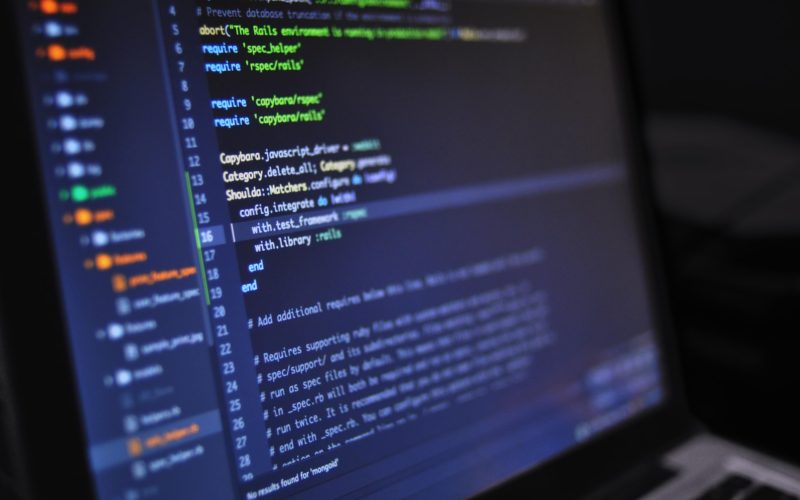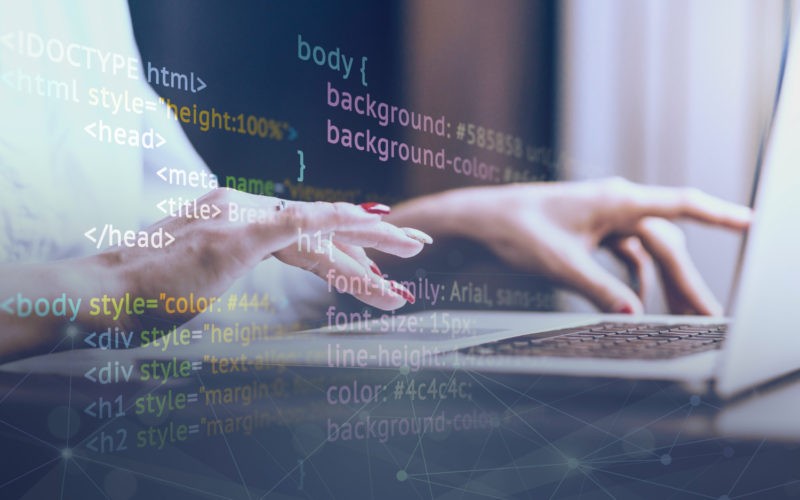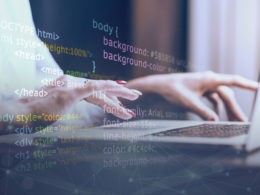Coding is a useful skill. It drives the digital world around us, from the apps on our phones to the algorithms powering social media platforms. You can make over $73,000 per year as a coder, and once you specialize in a certain niche of coding, you can earn significantly more.
However, learning to code can be a daunting process. Yet, if approached methodically & with persistence, anyone can become a proficient coder. Here are some tips to help you become a good coder.
1. Understand the basics
Understanding the basics is crucial before jumping into this niche. Languages such as Python, C++, or JavaScript may be tempting to learn because of their popularity, but without a proper understanding of fundamental concepts like variables, data types, control structures, and functions, you’ll struggle to make much progress.
Consider starting with simpler languages like Scratch or HTML to get acquainted with programming logic. Once you’ve understood the simpler stuff, you can gradually progress toward more complex languages.
2. Practice, practice, practice
Like any other skill, coding requires consistent practice. To become proficient, you need to code regularly. Even if it’s just a few lines every day, the practice is what will make you comfortable & eventually adept. There are plenty of online platforms, such as HackerRank, Codecademy, and LeetCode, where you can hone your skills. These platforms provide various problems catering to different difficulty levels, allowing you to challenge yourself and grow.
3. Learn from the community
Coding can sometimes feel like a solitary activity, but remember that a vast community of coders can support your learning. Join online forums, participate in coding challenges, attend meetups, & even enroll in a free coding bootcamp. These platforms offer an invaluable opportunity to interact with other learners, exchange ideas, & learn from the experiences of seasoned coders.
4. Embrace the ’bug’ culture
Coding is not always about writing flawless code. It’s also about understanding how to debug when things go wrong. Debugging is an art in itself. When you encounter a bug, try to understand why it happened and devise a solution to fix it. This process improves your problem-solving abilities and deepens your understanding of the language you’re working with.
5. Keep up with trends
The tech world is dynamic and constantly evolving. To be a good coder, you should be aware of the latest trends and developments in your field. This doesn’t mean you have to learn every new programming language that emerges. Instead, stay updated on new frameworks, libraries, and technologies related to the languages you already know. Subscribe to tech newsletters, follow tech blogs, and participate in tech communities to stay in the loop.
6. Build projects
Theory and practice must go hand in hand in coding. After mastering the basics and practicing on various platforms, it’s time to start building your own projects. Whether it’s a simple calculator app or a more complex web application, building something from scratch is incredibly rewarding. It consolidates your learning and gives you a portfolio that can showcase your skills to future employers.
7. Cherish the journey
Understand that your journey to becoming a better coder is a marathon and not a sprint. Mastery of any skill is not achieved instantaneously; it’s a progressive journey demanding commitment, patience, and time. Early obstacles might seem daunting, but they are mere stepping stones on your path to success.
Embrace every aspect of this process, from challenges to triumphs. Even the least progress is a win, a stepping stone to greater competence. Therefore, celebrate these little victories and let them fuel your enthusiasm. Never halt your learning curve, as each new line of code, each bug fixed, and each problem solved offers a valuable lesson.
8. Understand algorithms and data structures
One of the foundations of good coding practices lies in understanding algorithms & data structures. These are the basic tools every coder uses to solve problems efficiently. A solid grasp of common data structures like arrays, linked lists, stacks, queues, trees, and graphs and knowledge of algorithmic concepts can help you write more optimized and effective code.
Many resources, both free and paid, are available online to help you master these fundamentals. Understanding these concepts will also help you significantly during coding interviews, which often test these areas.
9. Work on version control systems
As a coder, you’ll find that working on a project isn’t a linear process. There will be modifications, additions, and sometimes, the need to revert to an earlier version of your code. This is where understanding version control systems like Git becomes crucial.
Git allows you to manage and keep track of different versions of your project, facilitating collaboration and avoiding conflicts in the code. It’s an essential tool in the modern coder’s arsenal and is widely used in the industry. So, understanding Git or any other version control system will go a long way in your coding journey.
10. Develop soft skills
While technical skills are paramount, do not underestimate the value of soft skills. Good communication is crucial when working in a team, and your ability to clearly articulate your ideas, problems, and solutions can make a significant difference in your coding career.
Furthermore, developing skills like problem-solving, critical thinking, and time management can enhance your efficiency as a coder. And remember, cultivating a growth mindset is vital. Each bug and each failed code are an opportunity to learn and improve.
Conclusion
Embarking on the journey to becoming a good coder may seem overwhelming initially, but with the right approach, determination, and passion, it can become an exciting and rewarding adventure. From understanding the basics, practicing regularly, mastering algorithms and data structures, and getting comfortable with version control systems to nurturing your soft skills, each step you take will propel you further along the path. With these tips in your toolkit, you are well on your way to becoming a proficient and successful coder.












